Syria's crisis will naturally be the main item on the agenda at this weekend's conference of the International Institute for Strategic Studies in Bahrain. The "Manama Dialogue" — named for the capital of the Gulf island state — is an annual gathering of high-profile figures from the worlds of diplomacy, defence and strategy.
William Hague, Britain's foreign secretary, will be there along with the Jordanian foreign minister and several Gulf colleagues. So will a sprinkling of chiefs of staff and US congressmen. The Obama administration however, will only be represented by the deputy secretary of state, Bill Burns. That looks like a slight but noticeable snub. In past years Washington has always sent cabinet-level officials — fitting enough for a prestigious event in a country which hosts the US Fifth Fleet.
In December 2010, King Abdullah of Jordan delivered the keynote address while the US secretary of state Hillary Clinton gave the opening speech.
The invitation-only conference is a partnership of the London-based IISS and the Bahrain government so it will be interesting to see what, if any, discussion there is of the country's own unresolved crisis.
Bahrain's "Pearl Revolution" in February 2011 was one of the early chapters of the Arab spring but the status quo has not changed. Unrest has continued sporadically since a Saudi-led intervention and there is widespread concern internationally that King Hamad has failed to implement the substantive reforms that were recommended by an independent inquiry he commissioned last year.
Nabil Rajab, the president of the Bahrain Centre for Human Rights, is serving a three year prison sentence. Manama saw a series of bombings in early November and the government has taken repressive steps including banning public demonstrations and stripping 31 opposition figures of their Bahraini citizenship.
Inevitably, all this has cast something of a cloud over the proceedings. Last year the conference it had to be cancelled because of what the IISS coyly called "the situation."
Hague plans to speak on sectarian issues in a region that is still undergoing dramatic changes from Syria to Egypt. But any criticism of Bahrain's sluggish pace of reform or the grievances of its Shia majority is likely to be made behind closed doors. Delegation leaders are to have a private audience with the king.
Critics warn that the IISS is providing a forum which allows the Bahrain government to ignore what is going on its own backyard. "Britain is much less choosey than the US about who it does business with," complains one academic observer. "The danger is that they are putting business before human rights. There should be a fear of what the IISS is letting itself in for."
Important though largely off-the-record discussions lie ahead, according to the IISS programme. But Bahrain's ministry of information already knows what really matters: "The 8th session of the Manama Dialogue...confirms Bahrain's acknowledged status on the map of global forums and conferences," it reported.
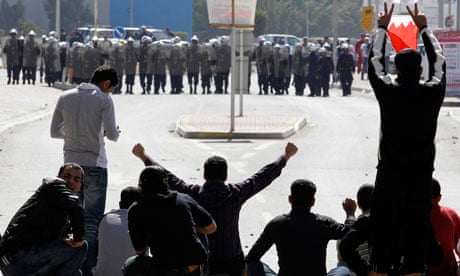
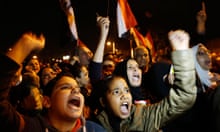
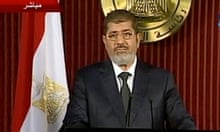
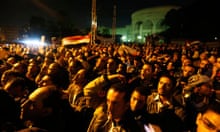
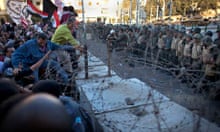
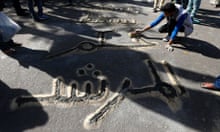
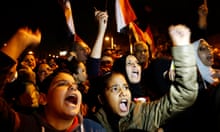
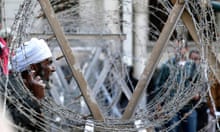

Comments (…)
Sign in or create your Guardian account to join the discussion